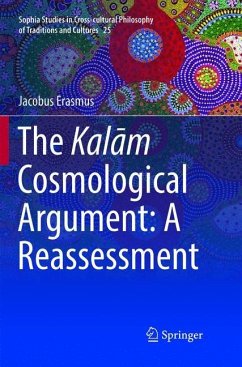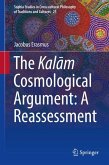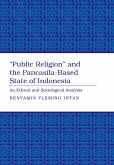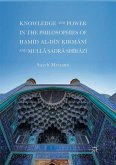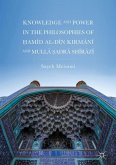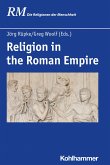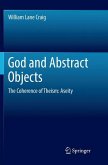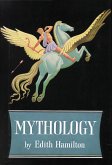This book offers a discussion of the kalam cosmological argument, and presents a defence of a version of that argument after critically evaluating three of the most important versions of the argument. It argues that, since the versions of the kalam cosmological argument defended by Philoponus (c. 490-c. 570), al-Ghazali (1058- 1111), and the contemporary philosopher, William Lane Craig, all deny the possibility of the existence of an actual infinite, these arguments are incompatible with Platonism and the view that God foreknows an endless future. This conclusion, however, is not a problem for the proponents of the kalam cosmological argument, for the book shows how the argument can be defended without denying the possibility of the actual infinite.
In order to offer a comprehensive analysis of Philoponus and al-Ghazali's cosmological arguments, the book draws on recent English translations of some of their works. Next, the book advances a detailed argument against the popular argument based on the impossibility of an actual infinite. Finally, the book offers a unique defence of the kalam cosmological argument by defending philosophical arguments for a beginning of time that do not deny the actual infinite, evaluating which hypothesis best explains the discoveries of modern cosmology, and offering an argument in support of the premise that, if the universe came into existence, then God brought it into existence.
In order to offer a comprehensive analysis of Philoponus and al-Ghazali's cosmological arguments, the book draws on recent English translations of some of their works. Next, the book advances a detailed argument against the popular argument based on the impossibility of an actual infinite. Finally, the book offers a unique defence of the kalam cosmological argument by defending philosophical arguments for a beginning of time that do not deny the actual infinite, evaluating which hypothesis best explains the discoveries of modern cosmology, and offering an argument in support of the premise that, if the universe came into existence, then God brought it into existence.
"Jacobus Erasmus's book introduces KCA very understandably, both historically and conceptually. Moreover, its claim that the idea of the universe having a beginning is defendable without rejecting actual infinities is also notable. ... I hope that this study, which provides vivid and comprehensive connections among different fields regarding the KCA, will attract the attention of theologians, philosophers, and scientists, as well as anyone interested in existential questions about the beginning of the universe." (Mehmet Bulgen, Nazariyat, Vol. 8 (1), 2022)

